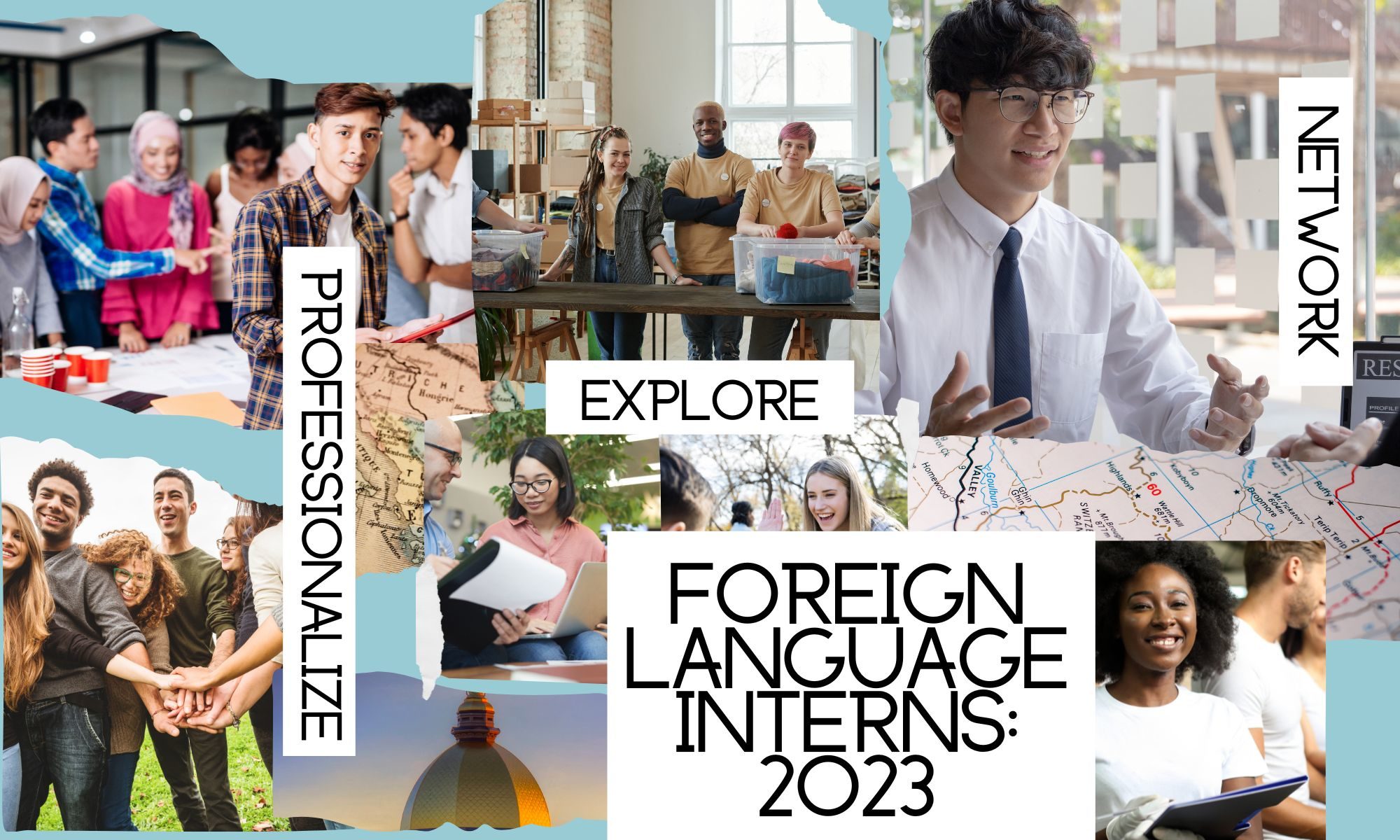More so than American vs. Austrian culture, I have observed and experienced a tug-of-war between the familiar and the unfamiliar.
Having now been in Vienna for a month, I find myself both welcoming and rejecting the sense of familiarity and routine that I have developed. The picturesque streets, grand sights, and cosmopolitan atmosphere—especially in the gorgeous district where I live (pictured below)—have become less dazzling and more predictable, although nonetheless beautiful. In more familiar areas of Vienna, I can navigate with ease and calculate short-cuts and scenic routes, walking with purpose. Simultaneously, in less familiar areas of Vienna, I feel once again new to the city, trying to conceal my lack of local knowledge and uncertainty.
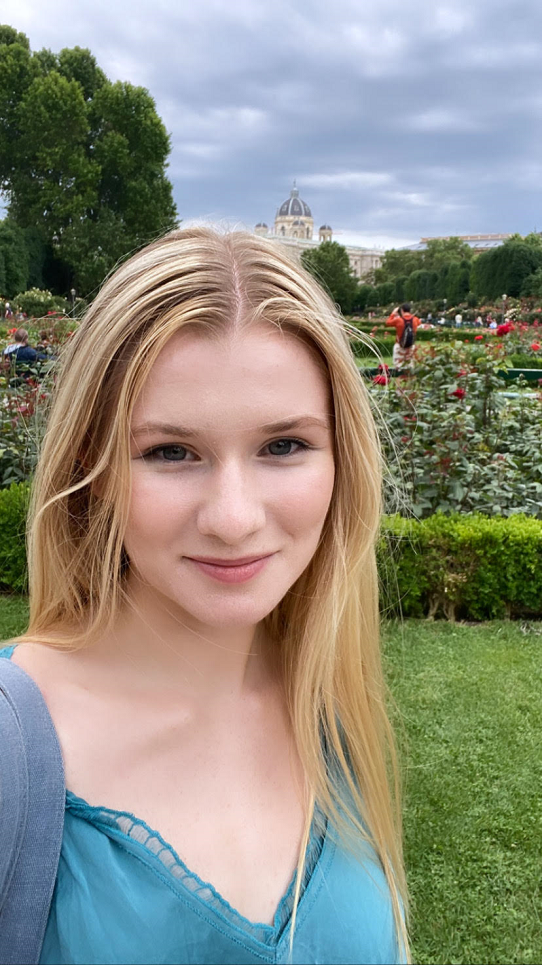

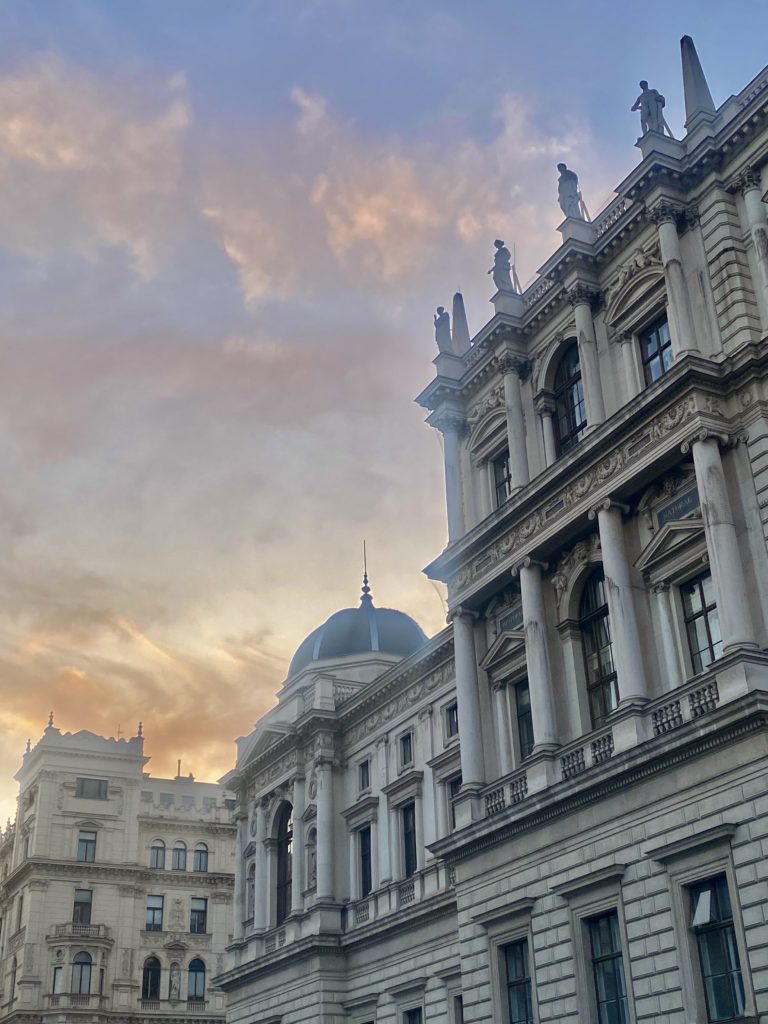
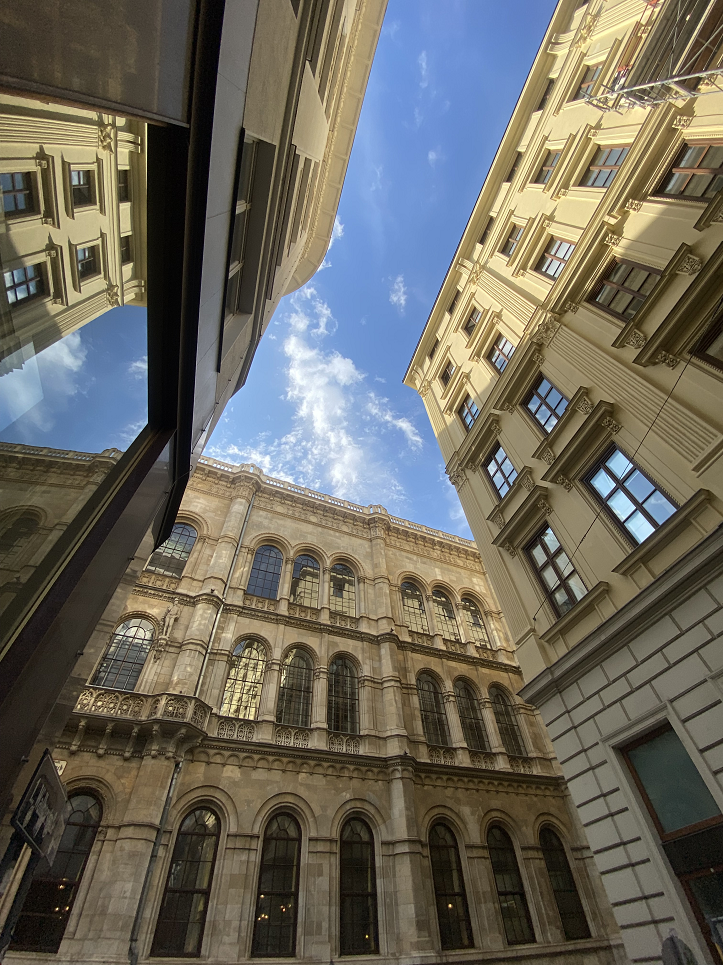
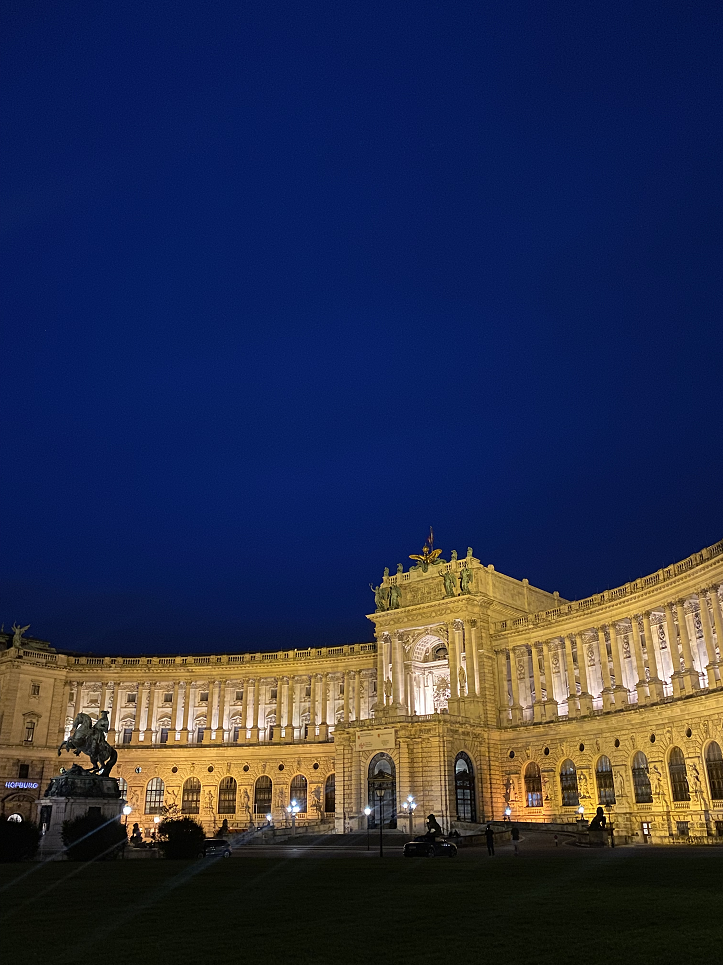
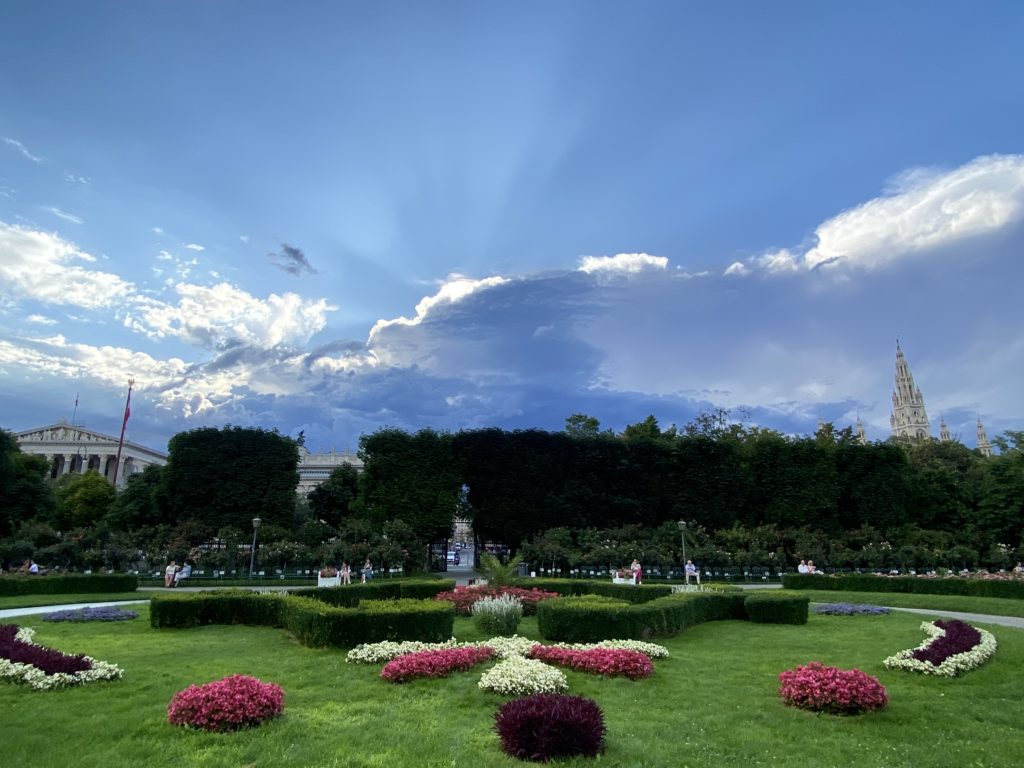
This simultaneous welcome and resistance to familiarity also applies to culture.
With my cultural identity being a mishmash of German and American cultures, my persona coincides with some expectations of Americans and contradicts other expectations. For me, some of the familiar is unfamiliar, while the unfamiliar has become familiar.
For instance, when interacting with many of my coworkers or friends, cultural and linguistic barriers do not hinder communication. These interactions are less like a ‘cultural exchange’ and more so just simple, everyday conservations due to the level of integration and language that I have been able to achieve after many years of effort (and with great help from ND’s and CSLC’s language offerings!). Many people I meet automatically assume I’m Austrian (or German) and demonstrate visible surprise or outright disbelief when I clarify that I’m American.
One humorous example occurred at a summer barbecue for university students. Coincidentally, I met an American studying at an Austrian university, and when her Austrian boyfriend joined our conversation, she suddenly prompted him to guess my nationality/ethnicity. Her stance was more or less calculated, as she later revealed that she meant to use me as an example to contradict her boyfriend’s assumptions about Americans. Before giving up and directly asking me, the boyfriend incorrectly guessed 6 different countries: Austria, Germany, Switzerland, Poland, France, and Romania. This brief—and slightly odd—encounter solidified the extent to which my language and cultural identity (or at least persona) has developed to elicit so much surprise from acquaintances when they learn I’m American.
Another humorous example occurred at a local café, where a friend of mine (also coincidentally met at the summer barbecue) was celebrating his admission into a music conservatory—with a group of about 10 friends, including me. While we were all chatting along in German, one of the other women in the group mentioned something very specific about the Northeastern United States. Surmising that she may have studied abroad in the US, I expressed my surprise and curiosity that she knew such a specific fact. She then asked about my familiarity with the US, and I revealed that I’m American. Switching out of her perfect German and specifically Viennese accent, she exclaimed, “NO WAY! I’m American, too!” We both honestly mistook each other for an Austrian; however, after our laughter subsided at this surprise, we proceeded to speak in German, for it simply felt more natural in the context. These moments, though fleeting and ‘everyday,’ constitute milestones in the process of learning, refining, and mastering a language, while also becoming integrated into another culture.
However, many American cultural tendencies or preferences remain with me. For example, usually around 14:00 at ZJP2, employees will congregate around the Zentrum’s exquisite espresso machine—but beforehand, I will dig out some ice trays from the freezer. It is more unusual here for drinks to be iced, even if it’s warm outside. An “Eiskaffee” (which many foreigners misunderstand to be an iced coffee) is actually coffee mixed with ice cream, a popular and delicious summer treat. Thus, my colleagues make their Eiskaffee or Verlängerter Kaffee (like an americano), while I make my iced latte. Due to this regular occurrence, some coworkers will often joke along the lines of, “Ah, there’s the American!” when they see my delight about an iced coffee.
Thus, not only does the constant flux of unfamiliar and familiar characterize my time in Vienna, but my subsequent reactions either reinforce or contradict people’s perceptions of Americans.
Meanwhile, many Austrians have expressed their wishes to visit well-known American states, such as California, Florida, Texas, or New York. To an American, the allure of these states is a bit more nuanced, with less romanticism and instead perhaps even jadedness. Or, the perceptions of American states from abroad solely rely upon clichés, generalizations, and stereotypes. For example, upon revealing that I am from Florida, the discussion usually trends toward Disney World, Ron DeSantis, alligators, Miami, hurricanes, beaches, and—of course—the notorious “Florida Man.” On one hand the clamor and enthusiasm about Florida is entertaining and endearing; on the other hand, misconceptions or half-truths can be frustrating.
Overall, it seems that we generally yearn for the unfamiliar, although we find identity in and hold onto our familiar roots. We romanticize the unfamiliar, and then it transforms into reality as familiarity increases. And ironically enough, sometimes when immersed in completely unfamiliar territory, we cling to the familiar like a lifeline. And conversely, when we live bound to the familiar, we wish to reject the familiar and venture into the unfamiliar. In my opinion, this tug-of-war seems to lead one into a unique range of familiarity vs. unfamiliarity, and this range depends on how the person approaches, regards, and values familiarity versus unfamiliarity.
Side note: Another very interesting aspect of my time in Vienna is the (young) Catholic community. I’m planning to detail this more in a subsequent blog, so stay tuned!
